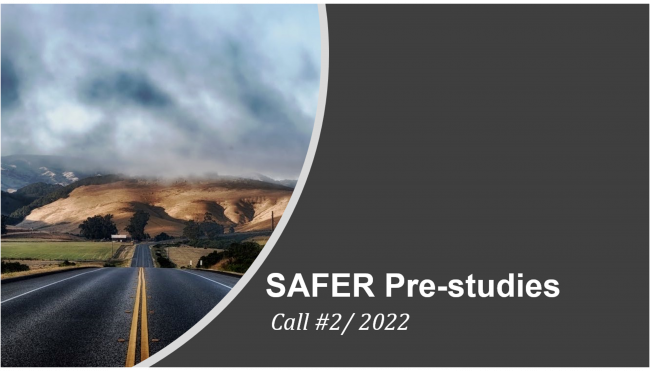Think Tank Traffic Safety Footprint
Year 2020, in conjunction with the 3rd UN Conference on Road Safety, the international community was mature to bring together traffic safety in a sustainability context. Sustainability and road safety must go hand in hand to achieve the 2030 targets. Road safety is one of the global objectives (target 3.6 “By 2020, halve the number of global deaths and injuries from road traffic accidents”) and the recommendations of the conference, the Stockholm Declaration, are fully in line with these. The Stockholm Declaration was later endorsed by the UN General Assembly by a resolution on Improving Global Road Safety (A/RES/74/299). The declaration set a high demand on organisations to report and trace their traffic safety footprint.
Although the definition of traffic safety footprint on a higher level is clear, i.e. ”the number of fatalities and seriously injured persons as a result of road crashes occurring within an organization’s entire value chain” (FIA pre-study), there is a number of research questions that needs to be answered to fully understand how to define, measure, follow up and report traffic safety footprints throughout an organisation’s complete value chain for its products and services.
The Think Tank project members will start to identify relevant research questions and share knowledge on how to address the challenges connected to addressing the full potential of using traffic safety footprints as a tool to improve traffic safety. Think Tank aims to define a framework to approach and identify organisations’ traffic safety footprint. One example of a questions we would like to address: Organisations are responsible for many transports produced by own employee, or contracted, as a direct result of their activities. Those transports are directly impacting employees, but also third party, i.e. traffic road users, who might be involved in road traffic accidents. This creates a clear need for measurements, traceability, and follow-up, which has an impact on physical environment, vehicles and procurement among others. The pre-study will start to collect challenges of this kind to address them in future projects.
Based on predefined scenarios, the Think tank will meet during a series of inter-disciplinary workshops with experts in traffic safety, rating methodology, reporting on sustainability and workplace safety. During the workshops experts will discuss the scenarios by sharing and to identifying research questions to be addressed and identify obstacles to be solved.

